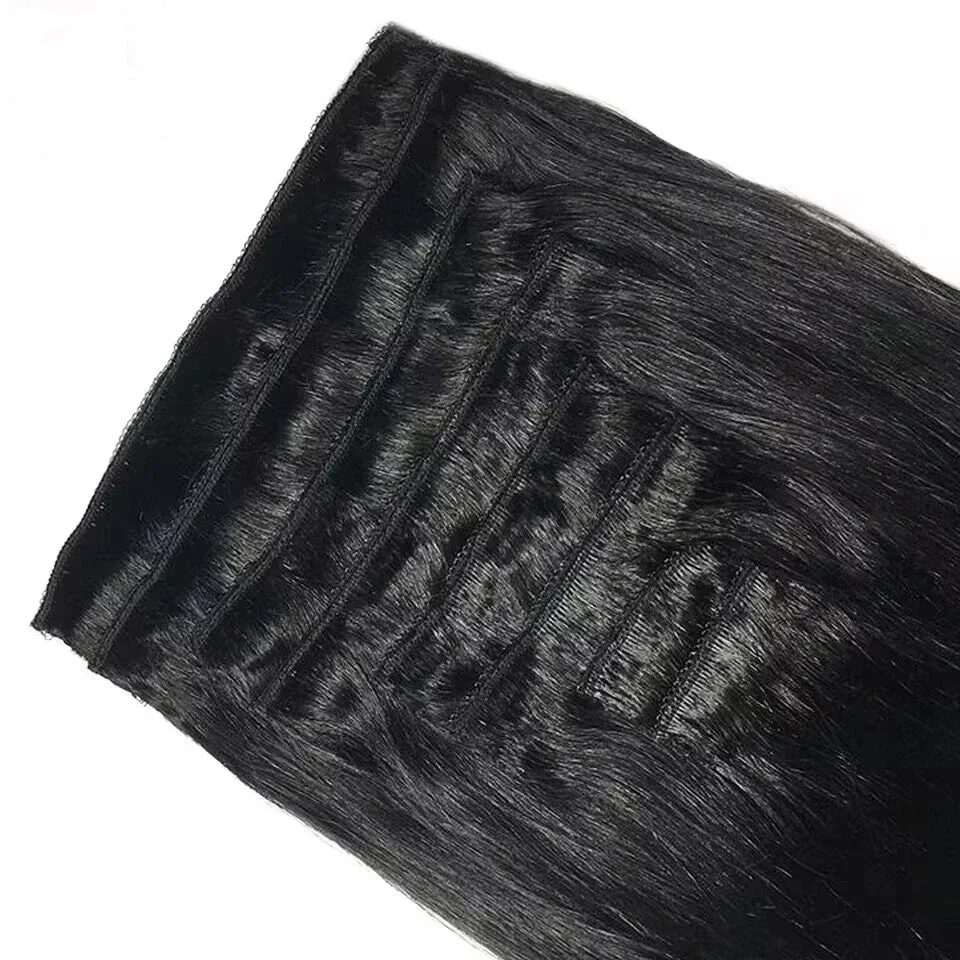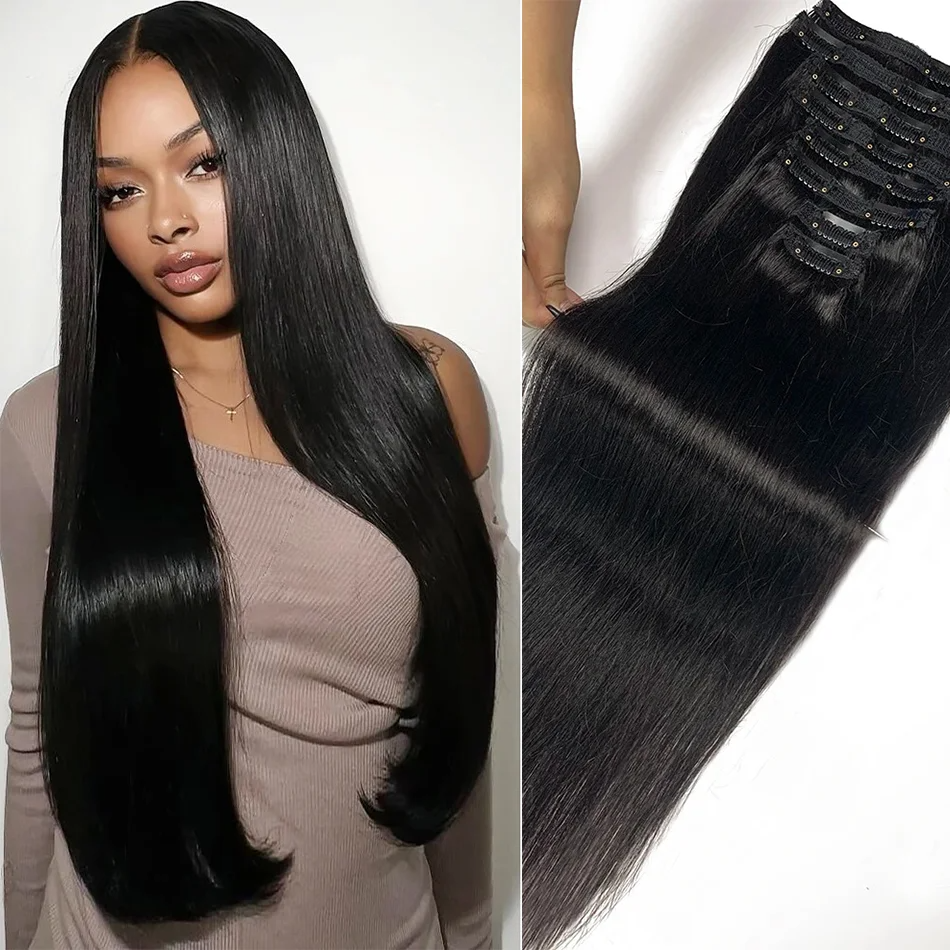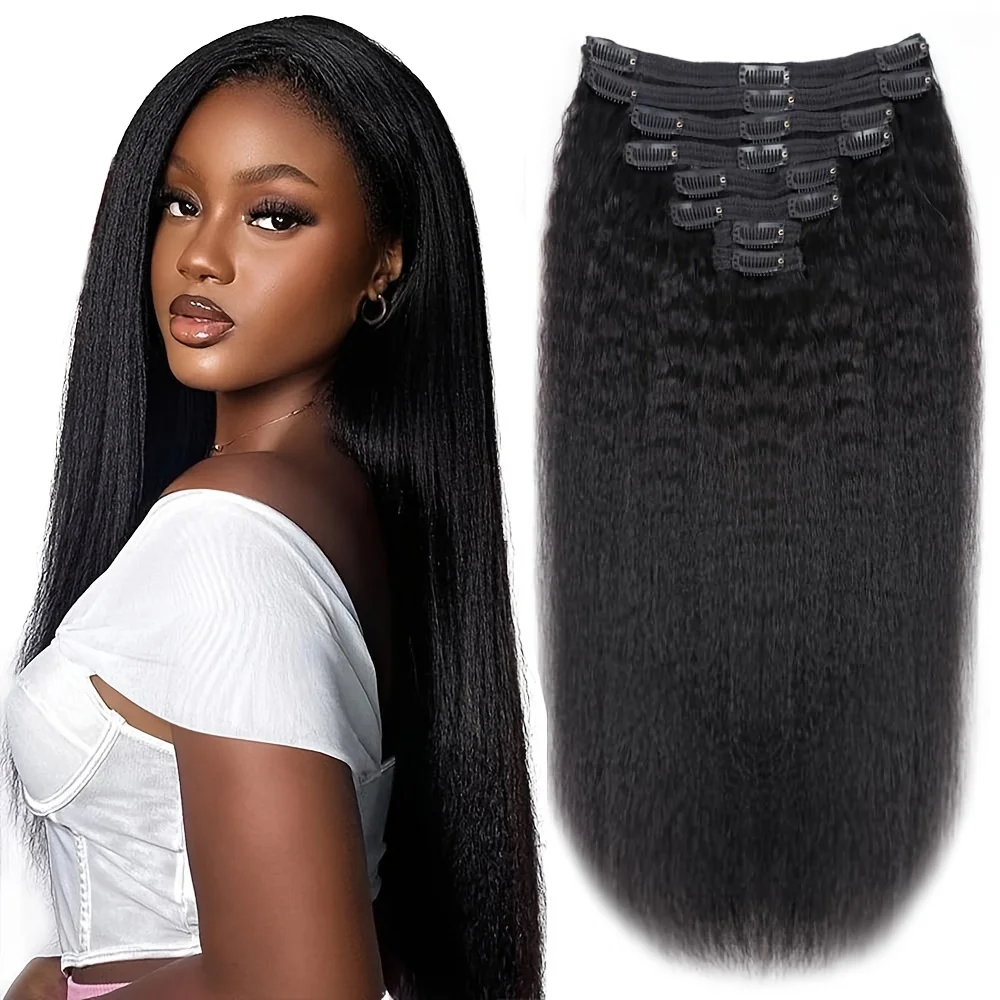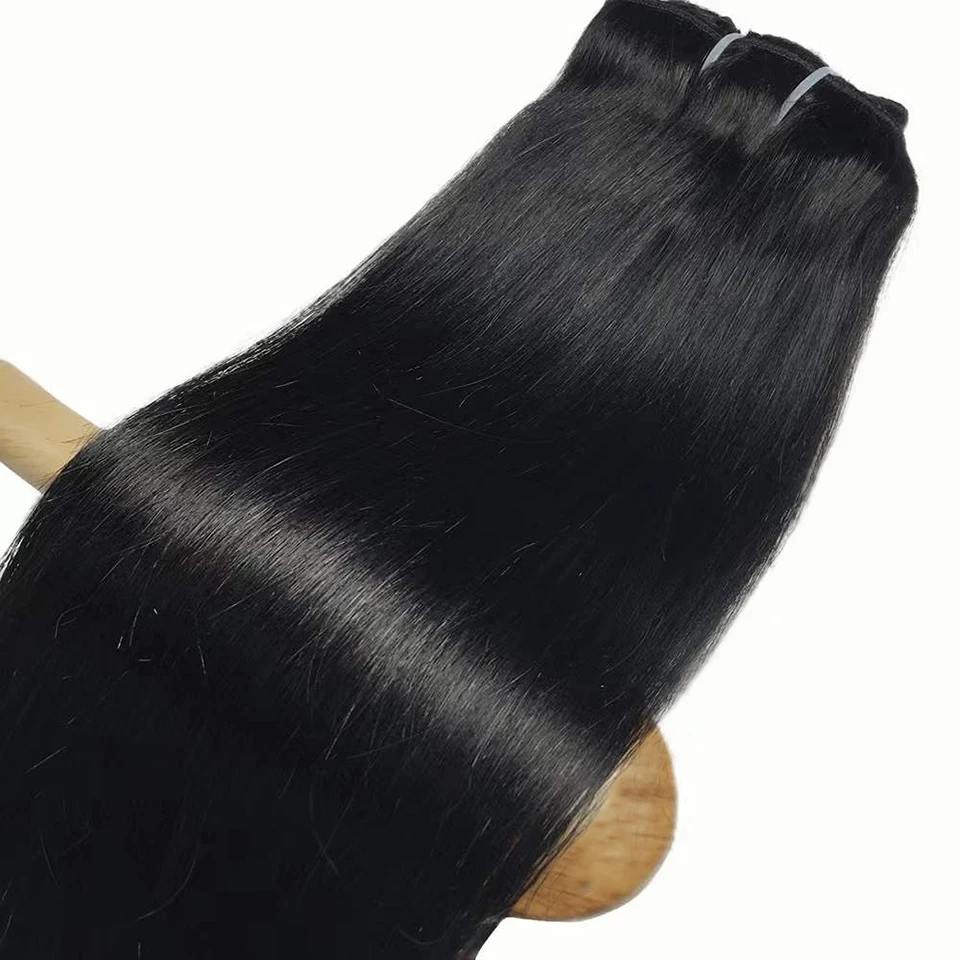Introduction
Hair extensions are a popular choice for those looking to add length, volume, or a pop of color to their hairstyle. Do hair extensions ruin your hair? Many people love the transformation that extensions can bring. However, there are concerns about whether using hair extensions can damage your natural hair. In this article, we will explore the effects of hair extensions on your hair and provide helpful tips to maintain healthy hair while enjoying the benefits of extensions.

Understanding Hair Extensions
What Are Hair Extensions?
Hair extensions come in various forms. You can choose from clip-in, tape-in, fusion, or sew-in types. Each method has its own way of attaching to your natural hair. Clip-in extensions are temporary. They can be taken out and put in whenever you want. Tape-in extensions are semi-permanent and can last for weeks. Fusion and sew-in options tend to be more permanent and can stay in for several months.
Why Do People Use Hair Extensions?
People choose to use hair extensions for many reasons. Some want instant length for an event or special occasion. Others might want to try a new color without the commitment of dyeing their hair. Extensions can also add volume to fine or thin hair. They offer a fun, versatile way to change up a look. However, these benefits come with potential drawbacks.
The Potential Risks of Hair Extensions
Can Hair Extensions Damage Your Hair?
The short answer is yes; hair extensions can potentially damage your hair. This is especially true if they are not applied or maintained properly. The weight of the extensions can pull on your natural hair, leading to breakage over time. Additionally, the process of applying extensions can be harsh, depending on the method used.
Different Types of Hair Extensions and Their Risks
The risk of damage largely depends on the type of extension used. Clip-in extensions are generally safer because they do not require any glue or heat. However, if clipped in too tightly, they can still cause discomfort and breakage. Tape-in extensions can also lead to damage if they are reapplied too often. In contrast, fusion or keratin extensions involve melting a bond to attach the extension. This process can expose your natural hair to high heat, leading to dryness or breakage.
It’s essential to consider your natural hair’s health before deciding on the type of extensions you want to use.
Factors That Contribute to Damage
The Application Process
One significant factor in whether hair extensions ruin your natural hair is the application process. A professional stylist should apply extensions to minimize damage. If you apply them yourself, there’s a greater risk of mistakes. For example, too much tension can pull on your hair and scalp. Moreover, improper removal can also lead to damage. Always seek the help of a qualified stylist for both application and removal to preserve the health of your natural locks.
The Care and Maintenance Required
Proper care and maintenance of your hair extensions are crucial. Extensions need to be washed and conditioned differently than your natural hair. Using the wrong products can dry out both extensions and your natural hair. Harsh shampoos can strip oils, causing breakage. You should also avoid products with alcohol or sulfates. Instead, choose nourishing, hydrating products. Regularly moisturizing your hair helps maintain its health.
Environmental Factors
External factors, such as heat and sun exposure, can also harm your natural hair. Using hot tools like curling irons or straighteners can lead to further damage when you have extensions. It is vital to use a heat protectant product every time you style your hair. Additionally, sun exposure can dry out both your extensions and your hair. Wearing a hat or using UV protectant products can help mitigate these risks.
Tips for Maintaining Healthy Hair with Extensions
Choose the Right Extensions
Selecting high-quality extensions is crucial. Look for 100% human hair extensions rather than synthetic ones. Human hair blends better with your natural hair and can be styled like your hair. Always invest in reputable brands that your stylist recommends. Cheap extensions may save money upfront, but they can lead to more problems later on.

Regular Maintenance Checks
Regularly check your extensions for signs of wear or damage. Look for tangling, shedding, or dullness. These can indicate the need for a refresh. Maintaining a regular schedule of visits to your stylist can help keep your hair and extensions looking their best. Your stylist can provide care tips tailored to your specific extension type.
Be Gentle When Brushing
When brushing your hair with extensions, be gentle. Use a wide-toothed comb or a brush designed for extensions. Start at the ends and work your way up to the roots. Avoid yanking or pulling on your hair, as this can lead to breakage. Proper brushing helps keep both the extensions and your natural hair in good condition.
The Effects of Hair Extensions on Natural Hair
Now let’s discuss whether hair extensions ruin your natural hair. The answer isn’t straightforward. It mostly depends on the type of extensions used and how well they are maintained.
Potential Damage
One of the most significant risks of using hair extensions comes from the type and method of application. For example, bonding agents in tape-ins or glue can cause chemical damage if not handled properly. Over time, this damage can lead to thin or brittle hair.
Another form of damage occurs from the tension placed on natural hair. Extensions can be heavy, especially if long or thick. The roots can weaken over time, leading to breakage. Underpinning this is an essential aspect: how tightly extensions are applied. Tight braids or adhesive can lead to a heavy pull on the hair roots, which may not be sustainable.
Heat Damage
Furthermore, using heat styling tools on extensions can pose risks as well. Many hair extensions are made from synthetic materials which may not withstand high temperatures. Consequently, using heat to style these extensions can lead them to melt or lose their shape.
Users must be cautious when heating tools near the roots. If hair close to the scalp is affected, it can disrupt the normal growth cycle. Therefore, limiting heat usage and utilizing protective products will help maintain both extensions and natural hair.
Maintaining Hair Health
Regardless of extension type, users can take proactive steps to mitigate damage. Regular washing and conditioning using sulfate-free products are crucial. Hydration keeps both the extensions and natural hair healthy. Additionally, choosing a salon specializing in extensions can ensure professionals apply them safely and accurately.
Another critical factor is the frequency of styling. The heavier the manipulation of the hair, the more stress it endures. Keeping hairstyles simple and allowing natural hair to breathe will contribute to its overall health.
Signs That Extensions are Ruining Your Hair
Understanding the signs that extensions may be damaging your hair is vital. Many people may not notice the effects until it’s too late. Being aware of these indicators can prompt timely intervention.
Increased Breakage
One of the most apparent signs of damage is increased hair breakage. If users notice more hair in their brush or on the shower floor, it may indicate that extensions are pulling too much. While some breakage is normal, seeing a significant rise could signal that the extensions are adversely affecting natural hair.
Users should also monitor the condition of their scalp. If it feels sensitive or painful, that could indicate excessive pulling. It’s essential to listen to the body and adjust practices accordingly.
Thinning Hair
Thinning hair is another concern. Extensions that are too heavy or tightly attached can contribute to hair loss over time. If your hair appears thinner at the roots or the scalp, it may be time to reevaluate extension choices. Consulting a professional can provide guidance on healthier options.
Scalp Irritation
Irregular itching, redness, or other signs of irritation can also mean that extensions are harming your scalp. These reactions may come from adhesives or materials used in certain extension types. If these issues arise, users should remove the extensions and give their hair time to recover.
Tips for Using Hair Extensions Safely
Using hair extensions can be a wonderful way to express yourself and change up your look. However, taking care and following some essential tips can go a long way in protecting your natural hair.

Choose Quality Extensions
First and foremost, always opt for high-quality extensions. While cheaper options may seem appealing, they often come with risks. Poor-quality extensions can damage your hair in numerous ways. Therefore, investing in good products can save headaches in the long run.
Seek Professional Help
If you’re unsure of how to apply or maintain extensions, seek professional help. A professional stylist can ensure proper application, minimizing the risks associated with doing it yourself. They can also provide valuable insights into which type may suit you best.
Take Breaks
Don’t wear extensions continuously. Allow your natural hair a break now and then. Change up your style frequently and give your hair a chance to recover. This practice can help minimize potential damage.
Conclusion: Enjoy Extensions Responsibly
Hair extensions can be a fantastic way to change your look without the commitment of cutting or dyeing your hair. However, they come with risks that must be acknowledged. With careful consideration and responsible use, you can enjoy the benefits of hair extensions without ruining your natural hair. Always consult with a professional stylist and invest time into the maintenance of your hair. By doing this, you ensure that both your extensions and natural locks remain healthy and vibrant. So, go ahead and flaunt those fabulous extensions while keeping your natural hair in tip-top shape!
